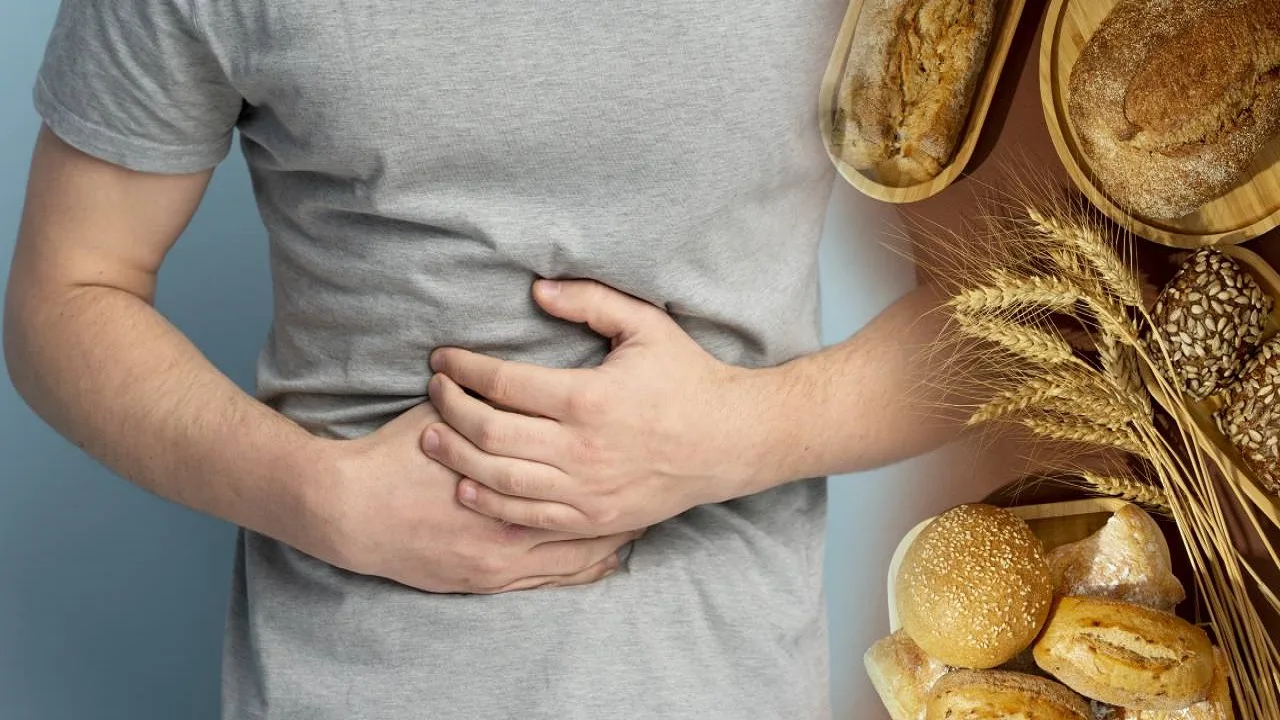For people with celiac disease, bread, pizza, and pasta are a threat to their health because these foods contain gluten. What is the best way for sufferers to deal with this?
Which foods contain gluten?
People with celiac disease must therefore avoid all foods that contain gluten. Prominent examples are conventional bread, pizza, cakes and pasta. But there are also numerous foods on the gluten list that are surprising: Ovaltine, beer, soy sauce, packet soups and some types of bouillon also contain the gluten protein. When it comes to oatmeal, it is also essential to choose the gluten-free version. Although oats are actually gluten-free, traces of it can usually be found in commercially available oatmeal.
A reliable indicator of gluten-free products is the gluten-free label. However, since the crossed-out ear of corn in a circle is not found in every gluten-free food, those affected have to study the ingredients list of each product carefully. “It’s not easy at the beginning; it takes time and practice,” says Raschle. A gluten-free diet is generally a challenge. “These products often lack dietary fiber and nutrients that are important for digestion.” Nevertheless, gluten-free pizza or gluten-free bread can be a welcome change. Raschle’s tip: “Nuts and seeds contain many nutrients and dietary fiber. If you add them to your dishes, you get a lot out of them.”
Diagnosis, symptoms, and treatment of celiac disease
The symptoms of celiac disease range from typical gastrointestinal complaints such as diarrhea, constipation, nausea, vomiting, flatulence, and abdominal pain to fatigue, headaches, anemia, or unexplained weight loss.
Because of the wide range of symptoms, it often takes a long time for those affected to receive a diagnosis. Celiac disease can only be diagnosed with certainty using a blood sample and a gastroscopy if appropriate antibodies are found. “I strongly advise against self-tests. The result is not reliable.
And what happens after the diagnosis? The only, but very effective, treatment for celiac disease is a gluten-free diet. The expert reassures: “As long as those affected stick to an absolutely gluten-free diet, the intestinal mucosa will recover completely.”
